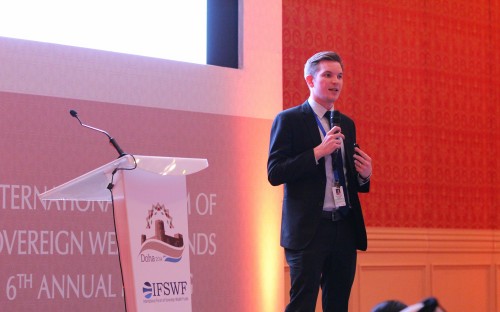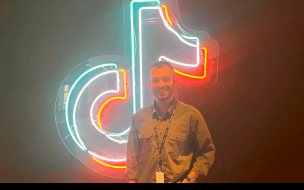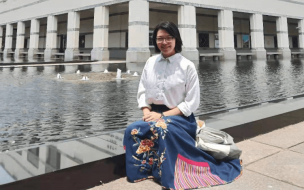A strategy analyst, Sam is also special assistant to the Asia-Pacific CEO of his firm, an historic and globally-renowned financial services holding company which manages nearly $2.5 trillion in assets.
Working specifically in the asset servicing branch of the company, Sam wants to accrue a greater understanding of the complex needs of investors, and to influence the strategic direction of the company to where its clients need it to go.
It’s a bold and ambitious plan, so it makes sense for Sam to have the very best MBA behind him. He’s applying to Harvard Business School, Yale SOM, and Dartmouth Tuck.
Sam plans to fund his studies himself, helped by a student loan. For him, that outlay would be worth it for the exclusive global networks, cross-industry insights and rarefied knowledge he expects to gain from his MBA.
What do you hope to gain from an MBA?
Completing an MBA now means that at my matriculating age of 26, I will still be young enough to be molded by my MBA experiences, and open to new ways of doing things.
I also look forward to taking advantage of the high caliber of training that would help me develop and execute a full product strategy. An MBA would also expose me to other fields without me having to leave an industry I love.
With that, I expect to remain in a similar job function and sector after my MBA, although I’d like to focus more on a specific product strategy, and work in the US instead of Asia, where I am currently based. I think an MBA will help me to understand better the needs of my clients, industry trends, and innovative solutions.
What were the most important factors for you in choosing a business school?
I am targeting two-year programs so that I have the time to take full advantage of the academic, networking and professional development opportunities that an MBA offers.
The US was the logical geographic choice for me, given that I'd like to work in the New England region after my MBA.
What has been your biggest challenge in the application process so far and why?
I've found that my biggest challenge has also been the most rewarding part of my application - taking the time to deeply consider what makes me tick, where my strengths and weaknesses lie, and how my experiences and values make me unique as a candidate.
How have you prepared for the GMAT/GRE?
Though I initially considered the GRE, I came to realize that the GMAT is more widely accepted, and that there are more resources available. However, I do see the GRE growing in popularity in the future. I prepared through self-directed study, using the Kaplan’s GMAT Premier for Kindle.
I found it to be a very cost-effective way of preparing, providing a convenient textbook with the fundamental theories and strategies for the exam, as well as 6 full practice exams which I found invaluable for determining my strengths and weaknesses under test conditions.
What's the value of an MBA to someone working in the finance sector?
The finance sector gives you a fantastic grounding in the technical skills that underpin great strategy. However, to become a successful executive, I believe these technical skills need to be complemented by the soft skills and interpersonal experience that an MBA provides.
An executive with the best financial models will never be effective if they can’t influence, negotiate, persuade, and communicate clearly with stakeholders about how the model fits in with a broader strategy.
What advice do you have for others considering an MBA?
Use your professional network to find and speak with alumni of your target schools. That way you can shortlist the schools that represent the best fit, cut through the marketing, and better evaluate a school’s strengths and weaknesses.
What do you do for fun?
For me, there’s nothing better than spending time with family, and I especially enjoy singing French nursery rhymes to my one-year-old daughter.
RECAPTHA :
0f
a3
74
aa







